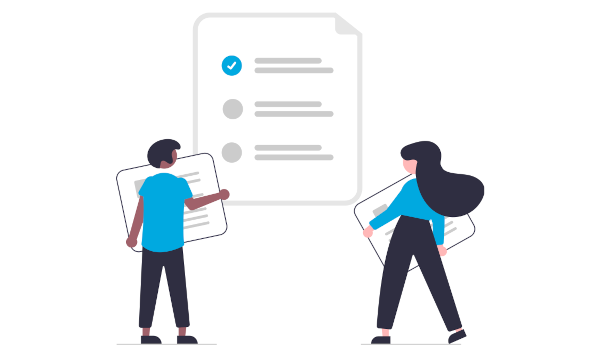
Cybernetic modeling of human balance – studying how our brain knows which way is up
Am 13.06.2024 dürfen wir Dr. Lorenz Assländer (Sportwissenschaft, Universität Konstanz) in der ADILT Ringvorlesung begrüßen:
The human brain is a complex system. Studying such a complex system holds a wide range of challenges. In this lecture, we will use research on balance control and self-motion perception to highlight some of these challenges. First, we will explore how experimental manipulation can expand our view beyond what is possible with pure observations. By manipulating our senses, we can gain deep insights into the neural processes which construct how we are oriented in space. The specific examples will be used to contrast pure observations and experimental manipulation in general.
Second, we will dive into the field of cybernetics, the study of information processing in humans (and machines). To maintain balance, the brain needs to convert deviations from the desired upright position into muscle commands that correct the deviation. The change in body position again affects our sensory information that is used to construct our orientation in space. Such a back-coupling is referred to as a closed-loop feedback system. Such systems have highly unintuitive behavior. We will explore how misunderstanding the dynamics of closed-loop systems has led to great debate in balance control research. The implications can again be generalized, as closed-loop systems can be found in almost every discipline.
Finally, we will introduce quantitative balance control models as a research tool, and discuss their benefits and limitations. Models are used to explicitly formulate hypotheses, test and explore ideas, and are a major tool to summarize observations. Again, we will introduce findings from human balance research and briefly expand it to research in general.
Termin: Donnerstag, 13. Juni 2024, 17.00-18.30 Uhr
Teilnahme: im Hörsaal R513 oder online per Zoom
Der Link zur Online-Konferenz sowie Material zum Thema des Vortrags kann nach dem Login über den Ilias-Kurs der Ringvorlesung abgerufen werden.